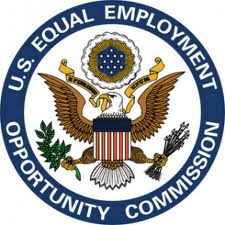Employers Fight Back as Seattle Cracks Down on Employee Criminal Background Checks
Friday, June 21st, 2013 Seattle’s City Council voted unanimously last week to prohibit employers from asking prospective employees about their criminal background, or excluding those with arrest or criminal records during the initial phase of the hiring process.
Seattle’s City Council voted unanimously last week to prohibit employers from asking prospective employees about their criminal background, or excluding those with arrest or criminal records during the initial phase of the hiring process.
The new legislation, which is called a “second chance bill,” allows employers to check into an applicant’s criminal history only after he or she makes it through the first round of screening for qualified applicants. It’s intended to give those with criminal records a chance to be judged on their qualifications, not their arrest record.
In addition, employers are not allowed to reject an applicant solely because of a criminal record, unless the employer meets three conditions:
- The criminal record on which the decision is made must be identified to the job applicant.
- The applicant must be given a chance too explain or correct the information.
- The employer must demonstrate a “legitimate business reason” for the decision.
Opponents say the City Council should not add another burden to Seattle business owners, and say the process for deciding whether a decision is a “legitimate business decision” is unfair. Under the legislation, the business owner is left to make the decision, but rejected applicants can complain to the Seattle Human Rights Commission, which will investigate. If the Commission second-guesses the decision, it can levy a fine up to $1,000.
The bill also exempts certain jobs from the new law, which goes into effect November 1. Police, security guards and jobs where workers have unsupervised access to children under sixteen, developmentally disabled persons or vulnerable adults. This is the least they can do, but the law should be expanded to include those who handle cash, private information, company secrets and more.
One person who testified against the bill is an employer who works with rape victims. She should be allowed to reject applicants who have been convicted of rape. Other opponents say that the attempt to achieve social objectives at the expense of businesses is wrong.
Seattle joins about 20 other U.S. cities with this type of legislation. Supporters say the reasons they seek such legislation are to reduce criminal recidivism by prohibiting employers from rejecting applicants for criminal records that have nothing to do with the job.
However, Seattle’s law limits businesses’ ability to hire smart, know who they are hiring and protect the safety of their other workers, customers and communities.









